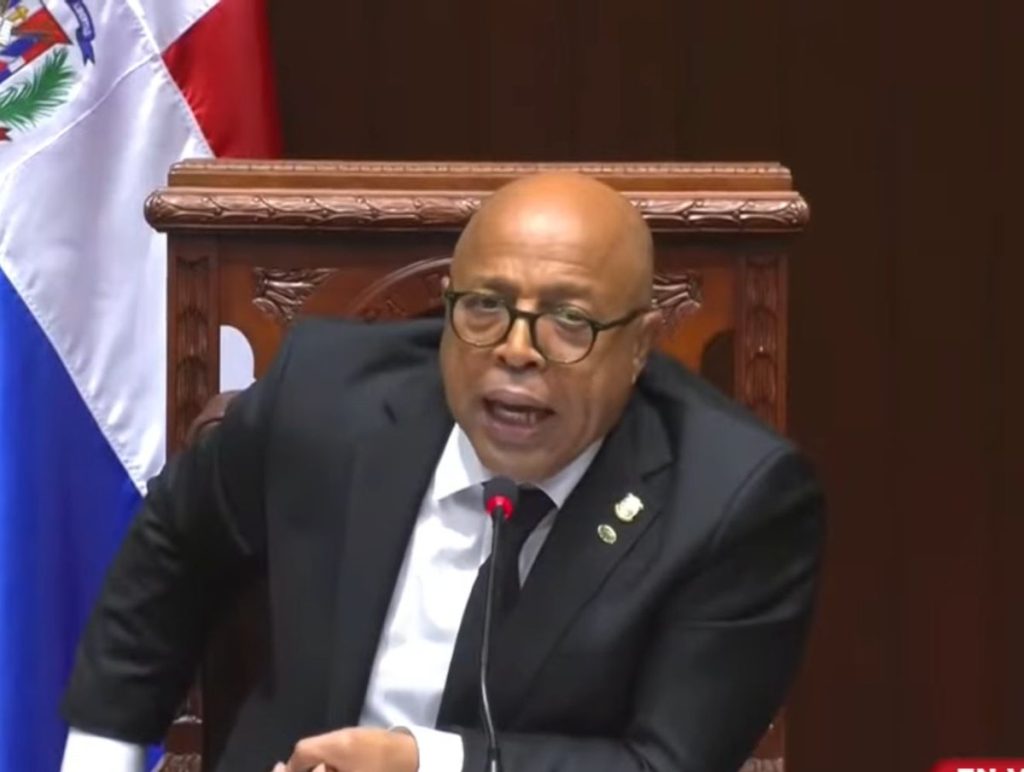
The president of the Chamber of Deputies, Alfredo Pacheco (PRM-National District) has reined in his impetus to fast-track the Penal Code. Pacheco had followed the example of his party colleague, Ricardo de los Santos (PRM-Sanchez Ramirez), who in his role of president of the Senate had rammed through the amendments to the century-old Dominican Penal Code. De los Santos defended the passing saying that it includes 72 new articles to expedite criminal justice.
But, once several of the articles approved by the PRM-majority Senate were known, the Penal Code approved in the Senate has become the trending topic and most controversial issue of the day. The Penal Code is described as one that fosters impunity and corruption of government officials (including legislators and the military) and as a setback for rights of women and children.
In a first session to review the Penal Code in the Chamber of Deputies, Pacheco had proposed deputies agree to pass the first reading without the reading, and instead submitted to Special Committee for the reading. The PRM-majority of the Chamber of Deputies voted in favor.
Now, Pacheco says the bill will be reviewed in the committee and different views taken into consideration.
The Chamber of Deputies would need to vote on amendments and if these are incorporated then return the bill to the Senate for passing before the 25 July 2024 deadline. Pacheco says there is still time to pass the Penal Code in this legislature. The next legislature opens on 16 August, with new legislators.
In a late development, the Foundation for Justice and Institutionalism (Finjus) urges the three grounds for abortion be instated in the Penal Code.
Likewise, a group of leading women have come together and announced they will be taking actions as Pink Revolution to protest the recent passing of the Penal Code in the Senate, and the expected passing of the Senate bill in the Chamber of Deputies.
The bill contains numerous clauses that are violatory to the safety, well-being and dignity of women and children in the Dominican Republic. The bill also contains numerous clauses that create conditions for impunity of people in or who have worked in government, including the legislators themselves, the military and churches.
Read more in Spanish:
Hoy
Diario Libre
El Nuevo Diario
Acento
Hoy
11 July 2024

